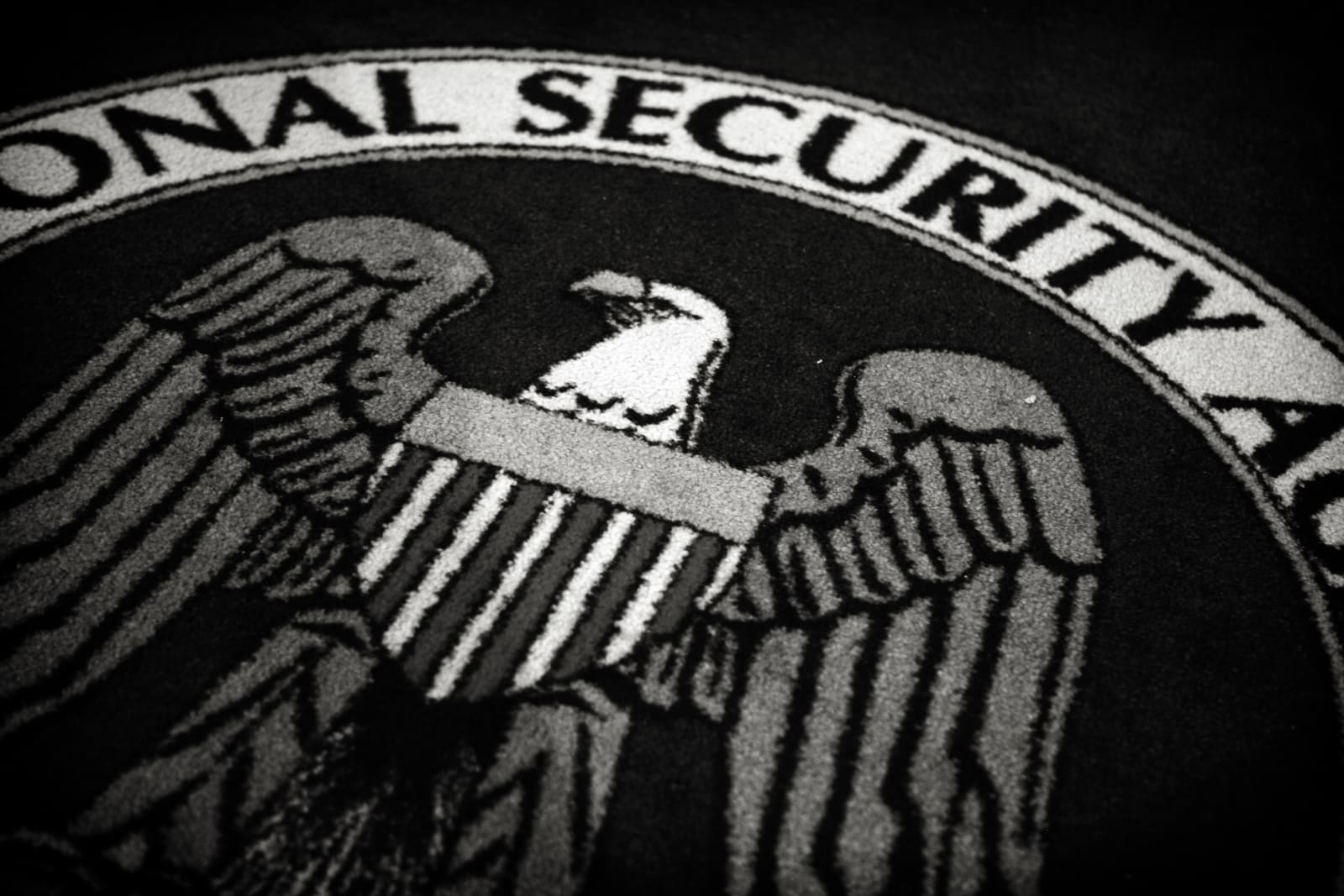NSA sent coded messages through Twitter


Spy agencies have a long history of using public outlets to deliver secret messages, such as numbers stations or cryptic classified ads. Now, however, they've adapted to the internet era. Both the New York Times and the Intercept have learned that the National Security Agency used Twitter to send "nearly a dozen" coded messages to a Russian contact claiming to have agency data stolen by the Shadow Brokers. Reportedly, the NSA would tell the Russian to expect public tweets in advance, either to signal an intent to make contact or to prove that it was involved and was open to further chats.
The tweets were sent throughout 2017. Some were the usual self-promotion, including advocacy for the FISA section authorizing the NSA's warrantless mass surveillance. Others were slightly arbitrary historical facts, such as celebrating the 177th anniversary of the telegraph patent. It's not clear how many of these messages were crafted just for talking to the Russian versus ordinary posts.
The social network communiqués didn't amount to much. The NSA paid about $100,000 to the Russian in hopes of recovering Shadow Brokers data, but cut off the deal when he instead presented info claiming to link President Trump and associates to Russia. Only some of that information was verifiable, and the NSA was reportedly concerned this could be part of a Russian government campaign to sow chaos in the American administration.
It's unknown how common this practice is, both on other social networks and from other agencies. However, it wouldn't be surprising if there have been other instances. This lets intelligence bureaus orchestrate clandestine communications with little effort, and no way of knowing about the secret meaning (outside of leaks like this, of course) if you're not directly involved.
Via: Gizmodo
Source: New York Times, Intercept
via Engadget RSS Feed "http://ift.tt/2EVIwPp"
Comments
Post a Comment